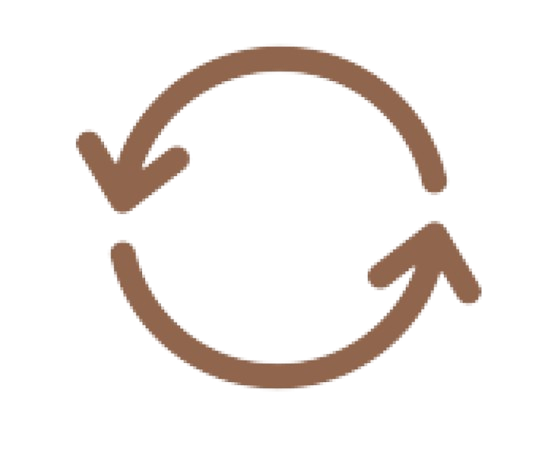Caring for Others, the Torah, and Ourselves: Jewish Perspectives on the Ethics of Care
In this 3-part series we’ll explore how the experience of caring for others in need—including young children, the sick, and the elderly— shapes our religious lives. Using sources ranging from the Talmud to contemporary philosophy, we’ll consider how experiences of care enrich our understanding of halakhah and religious obligation, and how these experiences can help us express our hopes for the future.
Session 1: This first session will serve as an introduction to care ethics. We’ll explore some of the key philosophical ideas that care ethicists have presented, and then use them to analyze a few sugyout about how caring for children can make us better halakhic decision-makers.
Session 2: In this session we’ll compare two accounts of ethical and halakhic hiyuv or “obligation” from Emmanuel Levinas and Mara Benjamin. We’ll explore how the ethics of care can help us enrich our sense of what obligation means in both our own daily lives, as well as in Jewish texts.
Session 3: Care ethics often highlights the experiences of parents (especially mothers) caring for newborn babies and young children. In this session, we’ll use a series of aggadot to consider other places where care might appear, including infertility, pregnancy loss, and mourning. We’ll use these sources to explore how analyzing these experiences can expand our sense of what care and religious obligation look like.


